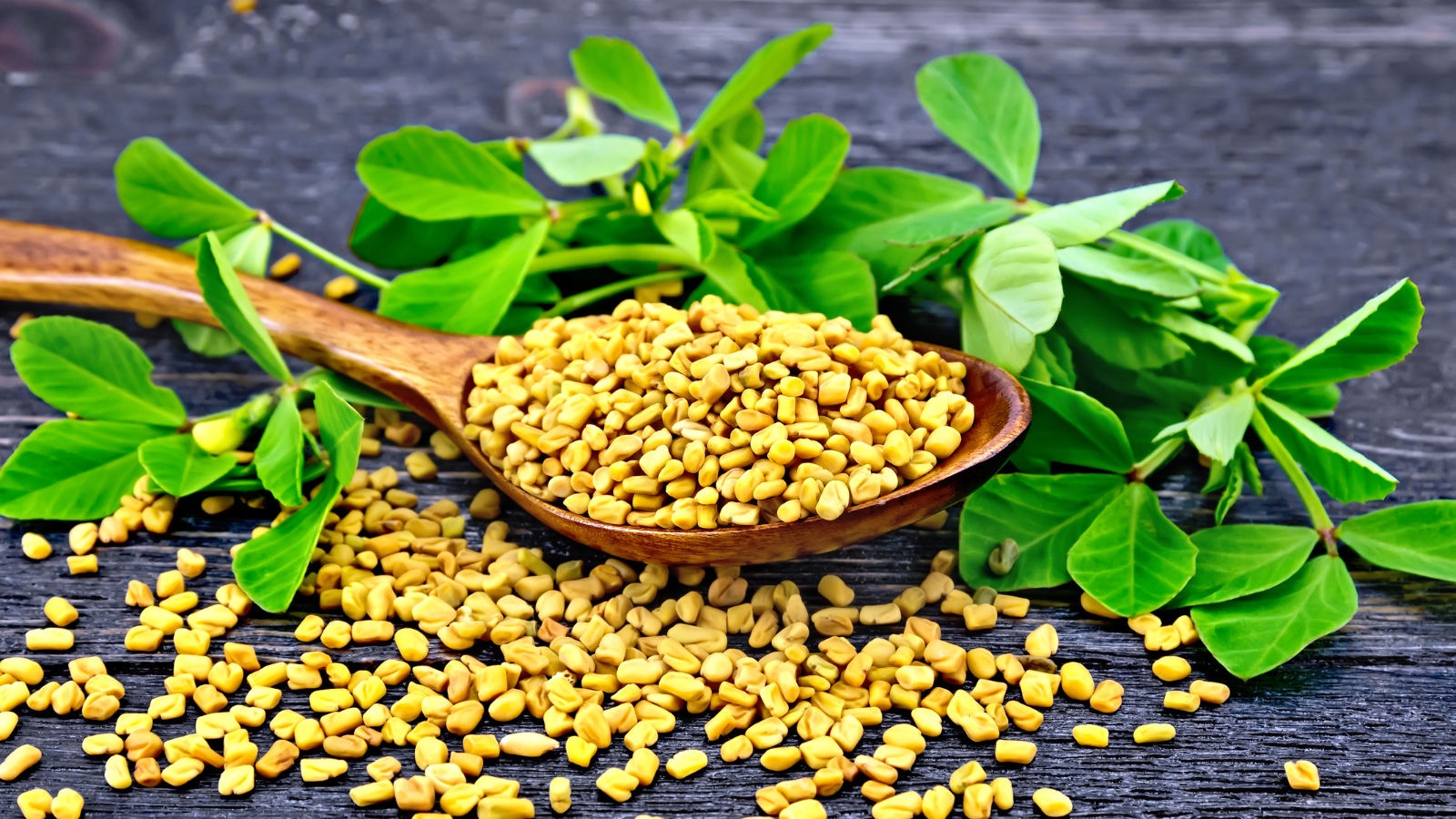Fenugreek
In Eastern countries, we have varieties of seeds available. But the seeds very well known for their medicinal value are called methi or fenugreek. It has a place in Ayurvedic medicine too. So today I will talk about taking up 14 days challenge of consuming fenugreek to experience all of its benefits.

Benefits of consuming Fenugreek Seeds
- Fenugreek is available as small golden brown seeds and strongly scented leaves. Both parts of the plant have powerful qualities to improve your health. It is bitter or pungent in taste as it is supposed to have a heating effect on your body.
- Fenugreek seeds contain soluble fibers that regulate your blood sugar level by slowing down the absorption of carbohydrates and sugar. This is very good for those who have diabetes or insulin resistance.
- The compounds present in fenugreek seeds stimulate your digestive enzymes. This reduces any discomfort you may have because of indigestion and bloating.
- Another thing is that fenugreek stops the absorption of cholesterol in your intestine. This lowers your cholesterol levels and reduces your risk of heart disease.
- Fenugreek is useful in your weight management too because it has a high fiber content which makes you feel full. This reduces your appetite and calorie intake.
- For nursing mothers, fenugreek is excellent because it has galactagogue qualities that stimulate milk production.
- Fenugreek leaves are also good for you because they are high in antioxidants, vitamins, and minerals and have anti-inflammatory digestive properties.
How to Consume Fenugreek Seeds?
Let’s find out more about how fenugreek can be consumed. It is good to drink fenugreek water in the morning on an empty stomach. Just soak a tablespoon full of fenugreek in water at night and drink this water the next day morning. You can chew it or directly swallow it with water. If you find it difficult to eat then swallowing with water is still a viable option. Just keep in mind that chewing them might provide slightly better results in terms of digestion and nutrient absorption. Soaked seeds can be added to your salads or in your curries. If you soak the seeds for a longer time you will get nice sprouts that can be added to salads and soups.
Another very common method is to season your daals and vegetables with a teaspoon of slightly roasted fenugreek seeds. Fenugreek leaves can be used in paratha and stir fry.
Precautions
We have seen benefits and ways to consume fenugreek speeds. Although fenugreek seeds are generally safe it’s important to consume them in moderation. For adults, 5 to 20 grams is enough. If you are not used to eating fenugreek start with a lower dose. One teaspoon and then gradually increase it. Some people may have uneasiness in their stomach or they may be allergic to it. Those who may have hypoglycemia should find it whether fenugreek suits them and then decide whether you can consume this challenge of 14 days of eating fenugreek. To maintain your overall good health it is also essential to drink sufficient water and eat well-balanced meals. Do some exercises and get enough sleep. Stay Informed and make a wise choice for your body and mind.




